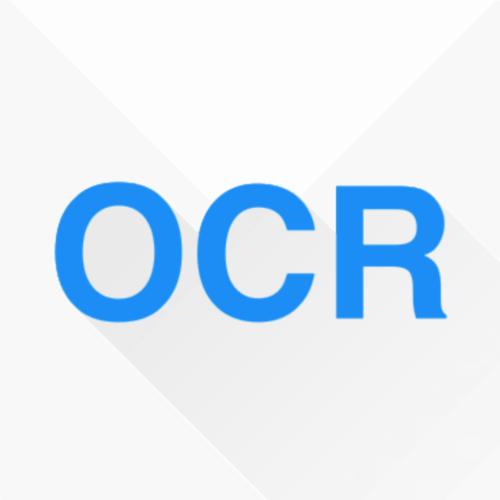Vision-Language (VL) models have garnered considerable research interest; however, they still face challenges in effectively handling text within images. To address this limitation, researchers have developed two approaches. The first method involves utilizing external Optical Character Recognition (OCR) tools to extract textual information from images, which is then prepended to other textual inputs. The second strategy focuses on employing extremely high-resolution images to improve text recognition capabilities. In this paper, we focus on enhancing the first strategy by introducing a novel method, named TAP-VL, which treats OCR information as a distinct modality and seamlessly integrates it into any VL model. TAP-VL employs a lightweight transformer-based OCR module to receive OCR with layout information, compressing it into a short fixed-length sequence for input into the LLM. Initially, we conduct model-agnostic pretraining of the OCR module on unlabeled documents, followed by its integration into any VL architecture through brief fine-tuning. Extensive experiments demonstrate consistent performance improvements when applying TAP-VL to top-performing VL models, across scene-text and document-based VL benchmarks.
翻译:暂无翻译




